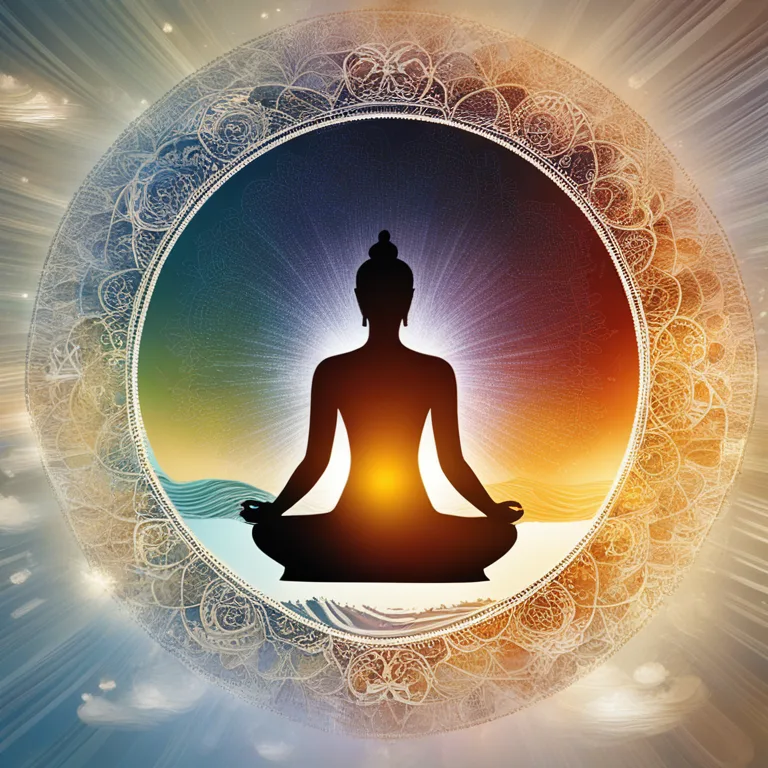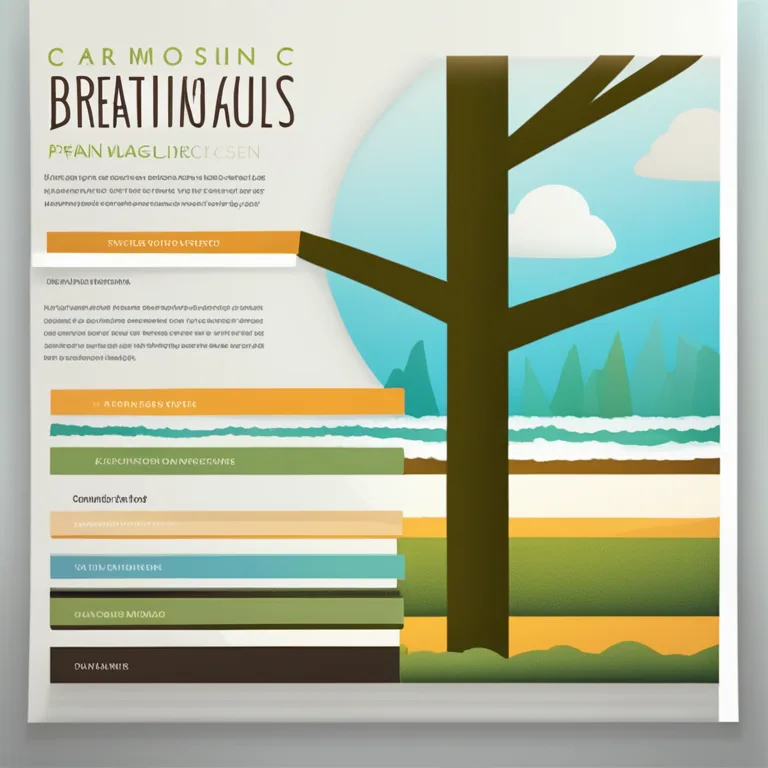
Meditative Practices for Easing Pain
Discover the power of meditation techniques in managing and reducing pain. This article walks you through several methods to incorporate mindfulness and meditation into your pain management routine.
article by Hina Kurosawa
Introduction to Meditation and Pain Relief
Meditation has long been revered for its calming effects on the mind, but its benefits extend beyond mental tranquility. Recent research points to its efficacy in pain management, which can serve as a complementary approach to traditional medical treatments. As we delve into meditation practices designed to alleviate discomfort, it's imperative to understand that the effectiveness may vary among individuals. Engaging regularly in these practices can steadily improve your ability to manage pain and could potentially reduce the reliance on medication.

Body Scan Meditation for Pain Awareness
One common meditation technique for addressing pain is the Body Scan Meditation. This practice involves a slow, attentive sweep through the body, encouraging acute awareness of various sensations without judgment. Starting from the toes and moving upwards, the technique allows individuals to identify areas of tension and pain, acknowledging them gently and using the breath to release tightness. This mindfulness exercise not only cultivates a deeper understanding of your pain but also supports a sense of control and acceptance.

Conscious Breathing to Mitigate Pain
Conscious breathing is a foundational tool in many meditation practices and is particularly potent in pain management. By focusing on breathing patterns - such as diaphragmatic breathing or the '4-7-8' technique – individuals can activate their parasympathetic nervous system, promoting relaxation and potentially lessening the pain response. This simple yet effective approach can be practiced virtually anywhere, providing a quick and accessible method of pain relief.

Mindfulness Meditation for Cognitive Shift
Mindfulness Meditation encourages practitioners to maintain a moment-to-moment awareness, observing thoughts, feelings, and bodily sensations as they arise. This practice teaches people with chronic pain to change their relationship with discomfort, reducing the psychological suffering associated with it. Rather than trying to avoid or alter the pain, mindfulness meditation fosters an accepting mindset, which can significantly diminish the perception of pain.

Visualisation Techniques for Pain Alleviation
Visualization or guided imagery is another potent technique within the meditation repertoire for easing pain. By picturing a serene and pain-free experience, individuals can shift focus away from their discomfort. This evokes physical changes in the body, such as muscle relaxation and a reduction in stress hormones, which may contribute to pain relief. Guided visualization meditations, often led by a therapist or an audio recording, can be especially helpful for beginners.
Loving-Kindness Meditation for Emotional Relief
The Loving-Kindness Meditation, also known as Metta Bhavana, is a practice that cultivates compassion towards oneself and others. For individuals experiencing pain, directing positivity and empathy inward can be transformative, soothing emotional turmoil that might exacerbate physical pain. This practice can create a supportive internal environment conducive to healing and coping with chronic pain.
Combining Techniques for Comprehensive Care
For those seeking holistic pain management, combining these meditative techniques with other therapies, such as physical therapy, acupuncture or yoga, may offer compounding benefits. Integrating meditation into a broader health regimen can enhance overall well-being, equipping individuals with a robust toolkit for managing pain. Always consult healthcare providers when incorporating new practices into your pain management strategy to ensure they complement your medical treatment plan.
Published: 1/8/2024
Modified: 1/8/2024
More predictions
Come back here soon to learn more about yourself and your future


Meditation Techniques: A Handbook
Discover the breadth of meditation methods to enhance your wellness journey.


Jain Meditation Techniques for Inner Peace
Discover the serenity and spiritual depth of Jain meditation practices in a comprehensive article tailored for modern seekers.


Diverse Meditation Techniques
Explore various meditation methods to enhance your mental clarity, emotional balance, and spiritual insight.